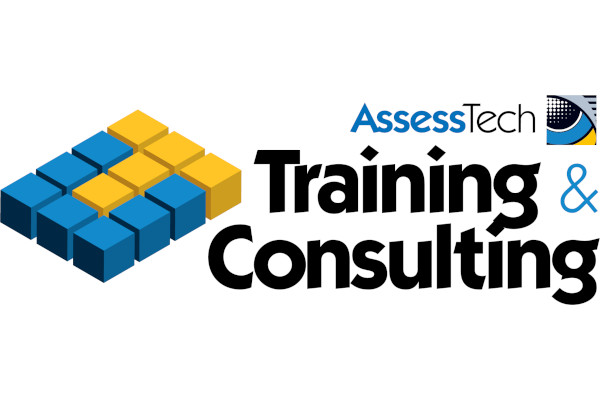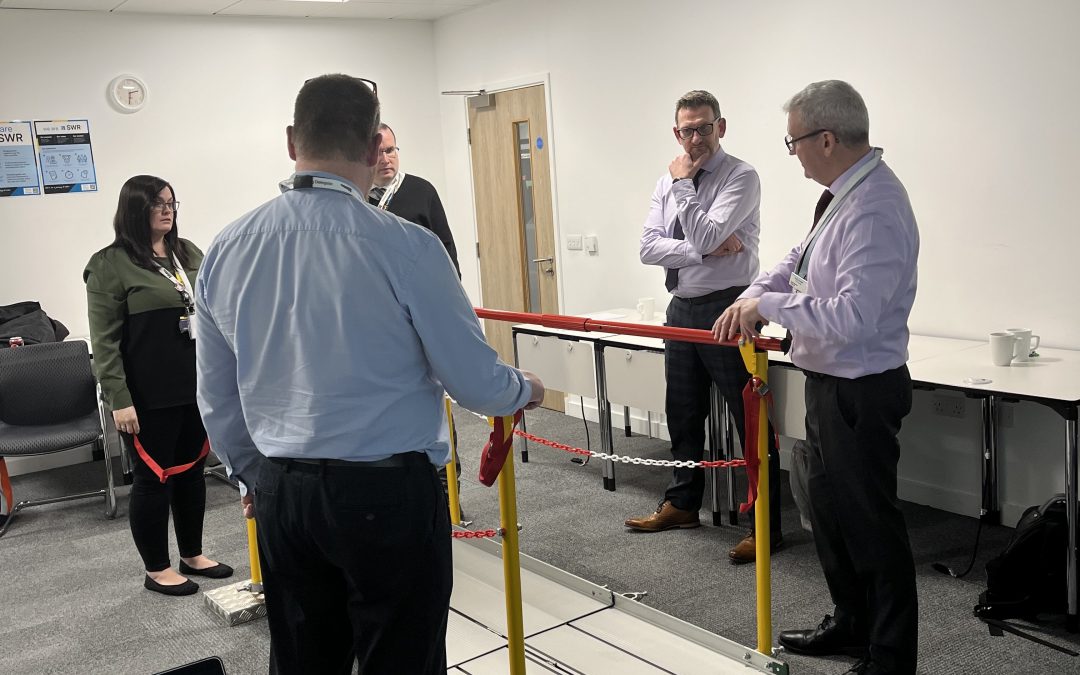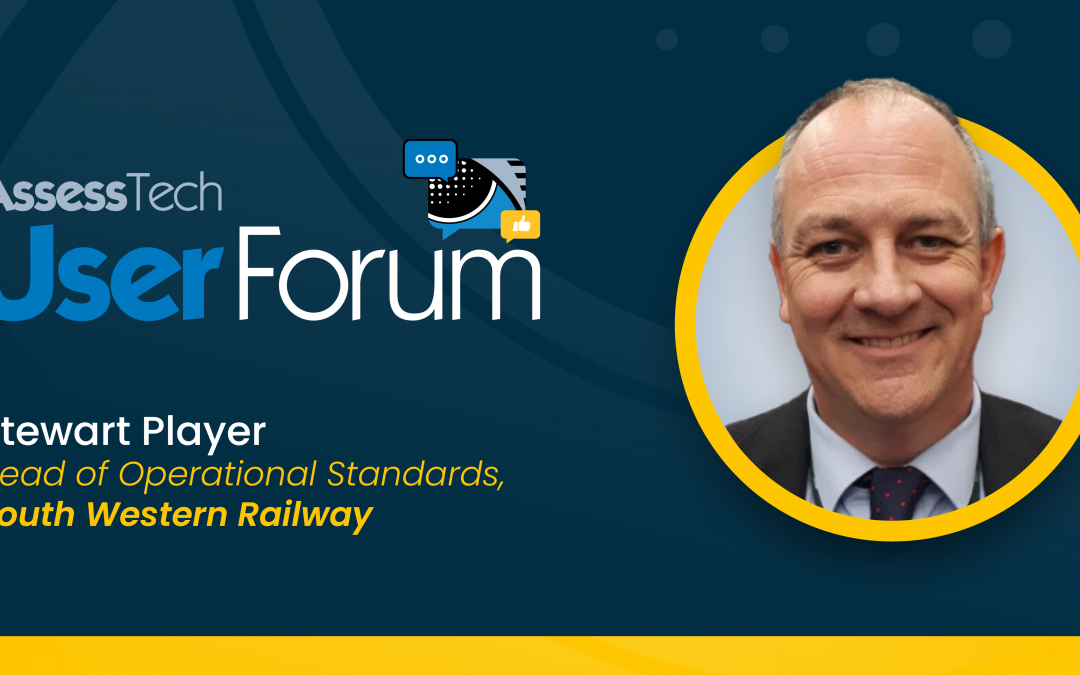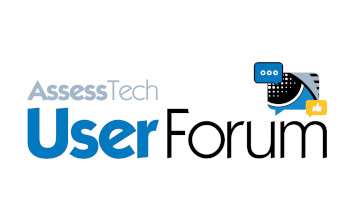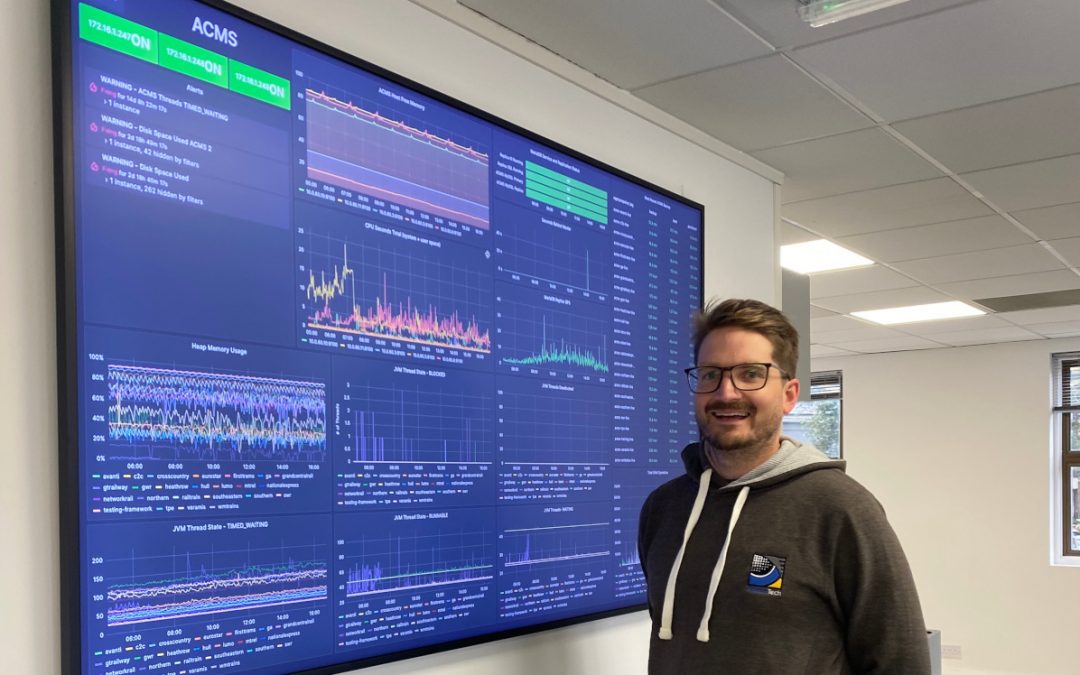This is an excerpt of a published article in Rail Professional printed November 2022. Read the full article here.
For several years, it has been a legal requirement for railway operators to have formal systems in place for managing and developing the competence of staff who undertake safety critical activities. These are designed to ensure that essential checks are carried out and that clear, accurate records are maintained on a regular basis. Most railway operations have a verification plan for improving safety but is it enough?
The problem is that a verification plan, alone, is essentially reactive. It assesses and collects data on what your staff know, what they have done, and what incidents have occurred, thereby helping to show how your company is generally performing. But this form of verification only responds to deficits in staff competence after the effects of those deficits have been at work for some time, which have been affecting individual performance and – cumulatively – the overall performance of your company.
In stark contrast to this, a verification strategy takes a proactive approach. Instead of asking, “How well are you performing?” it starts by posing the more fundamental and valuable question, “How well do we (collectively as a company) want to be performing?”
A verification strategy works in a cycle with clear time boundaries.
In the cycle opposite you can see how a verification strategy uses the invaluable data you gather through your verification plan to support and influence your company’s aims – and eventually help ensure standardisation across the entire network operation.
And the good news is; you already have the tools to do this. Because you already have a verification plan in place. This means your company has the platform, the tools and the data needed to achieve your overall objectives. However, what you need to focus on is having a verification strategy in place to inform, optimise and direct your plan – before the shortcomings are revealed.
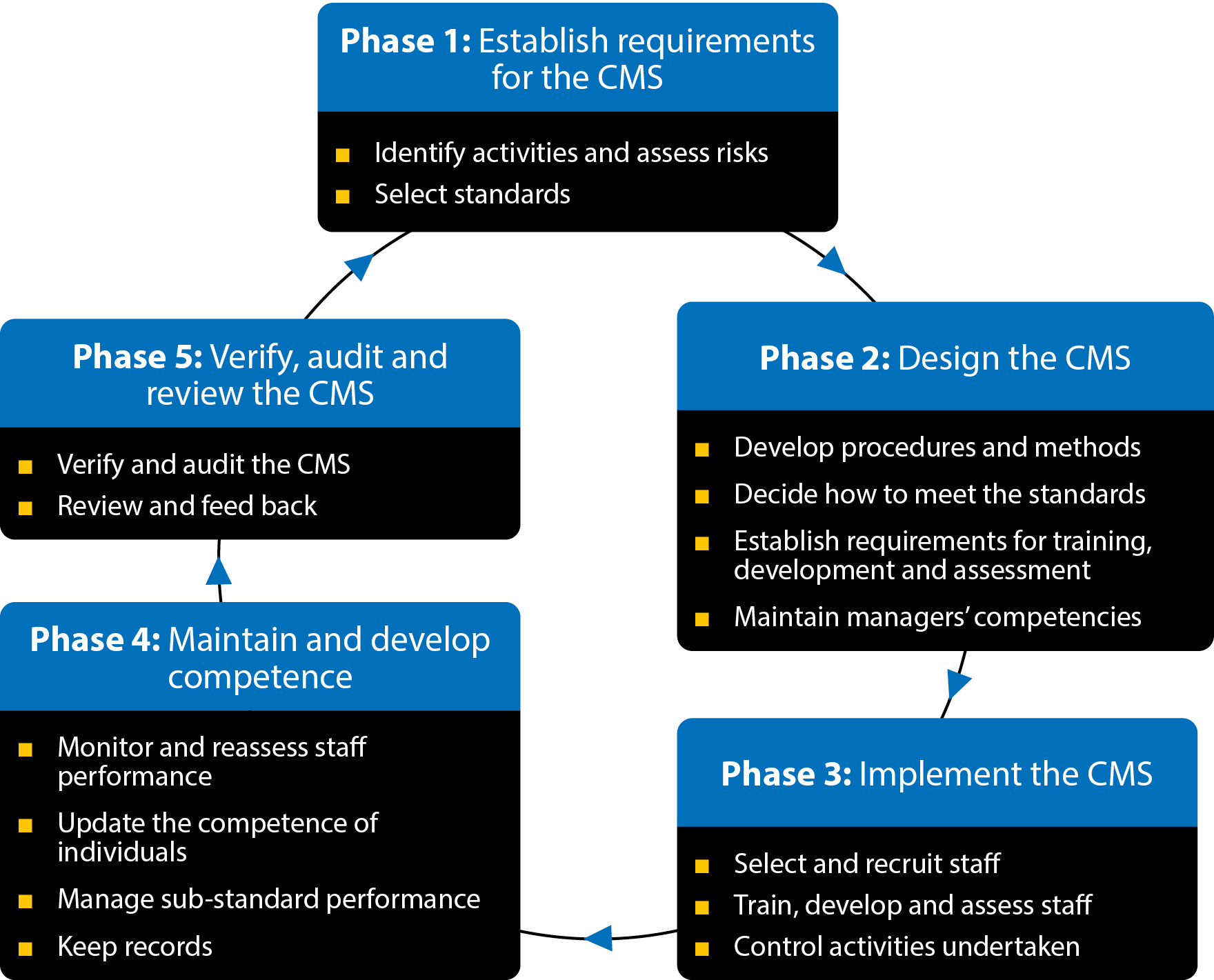
Stewart Player, Head of Operational Standards, SWR
We are looking forward to welcoming all our customers and partners to our User Forum on 17th November in London, where Leanne will be presenting on this topic and running a stand featuring all the capabilities of AssessTech’s Training and Consulting department.
If you haven’t already done so, we would encourage you to register for this year’s User Forum to find out more about verification strategies and our other exciting announcements.


